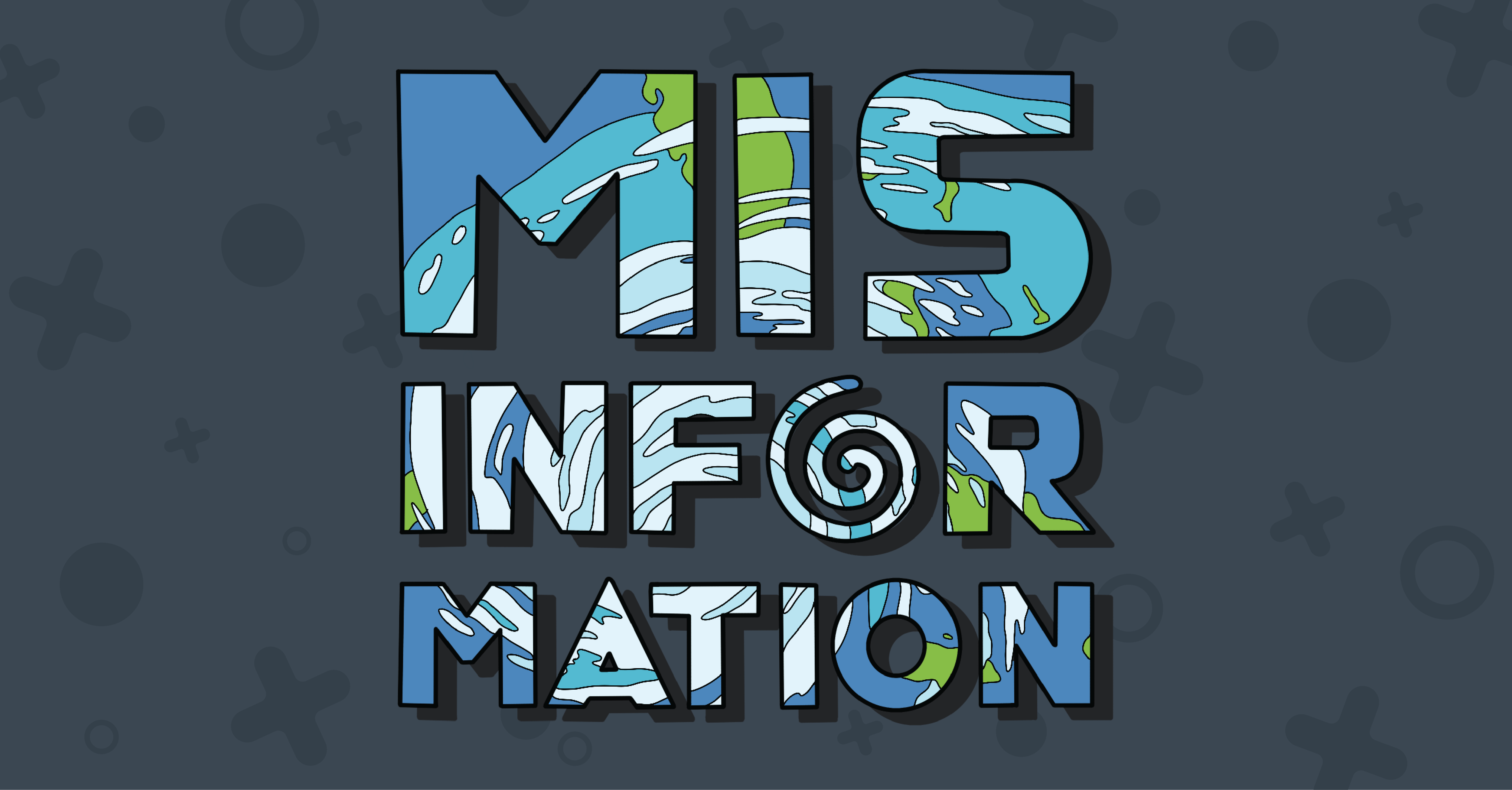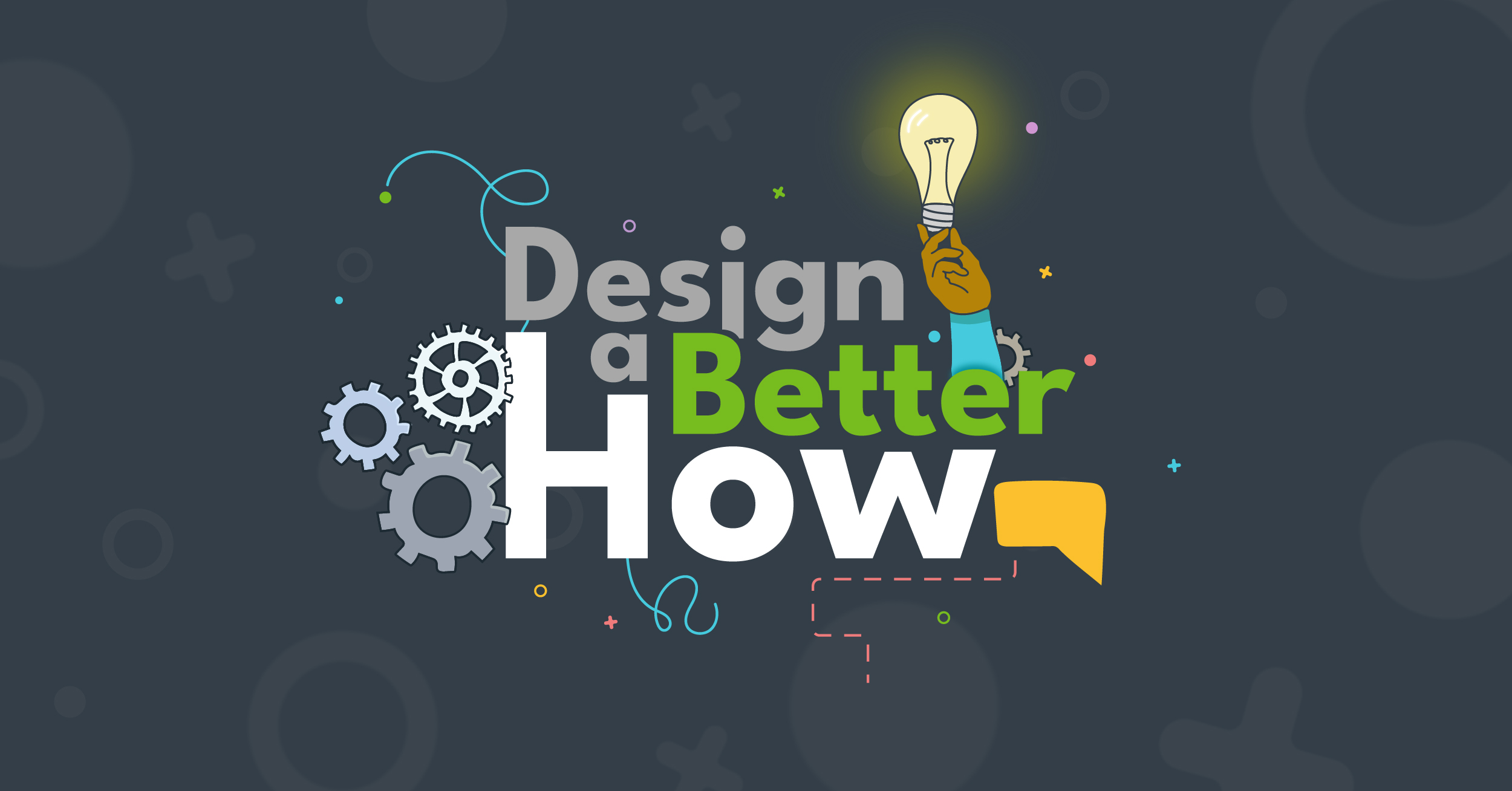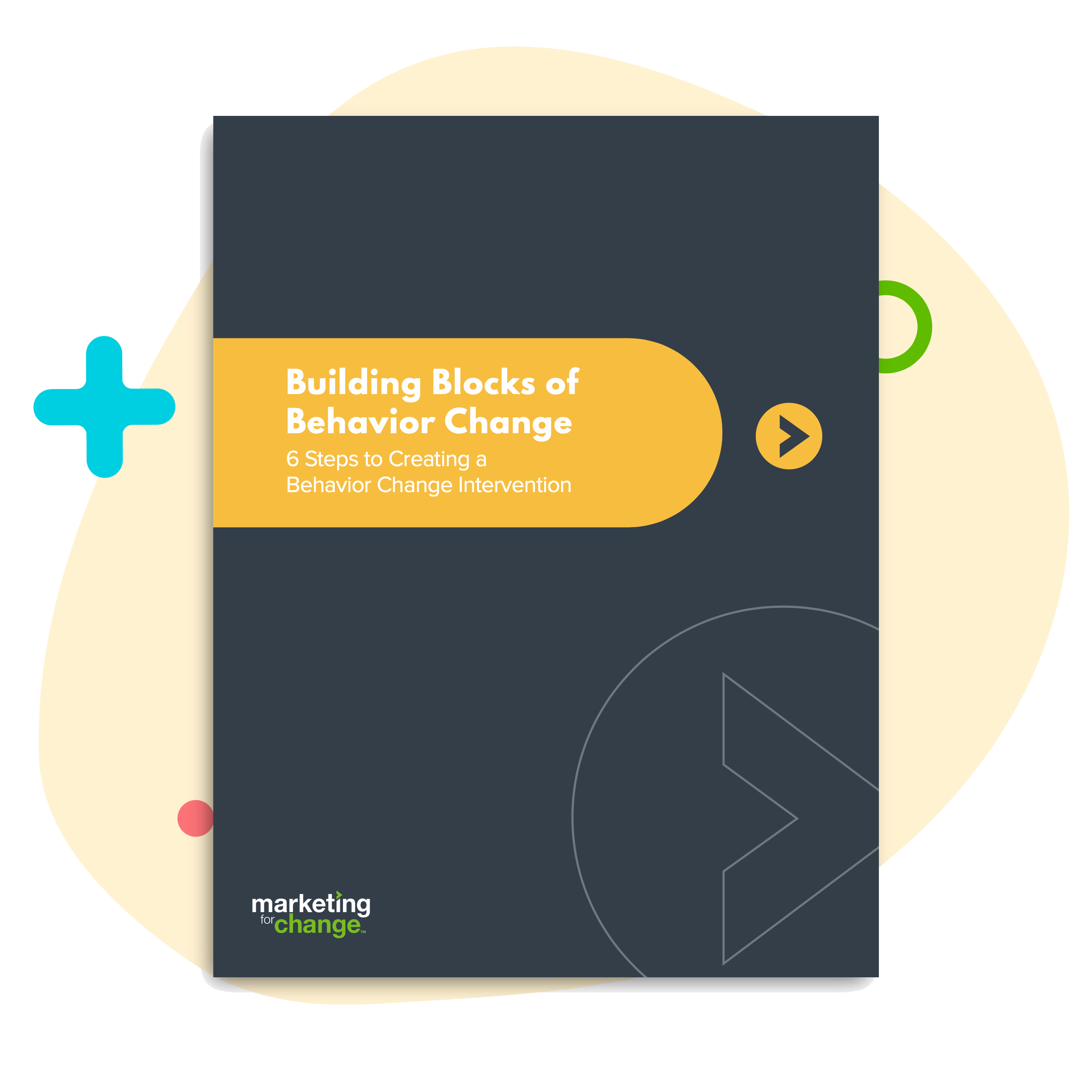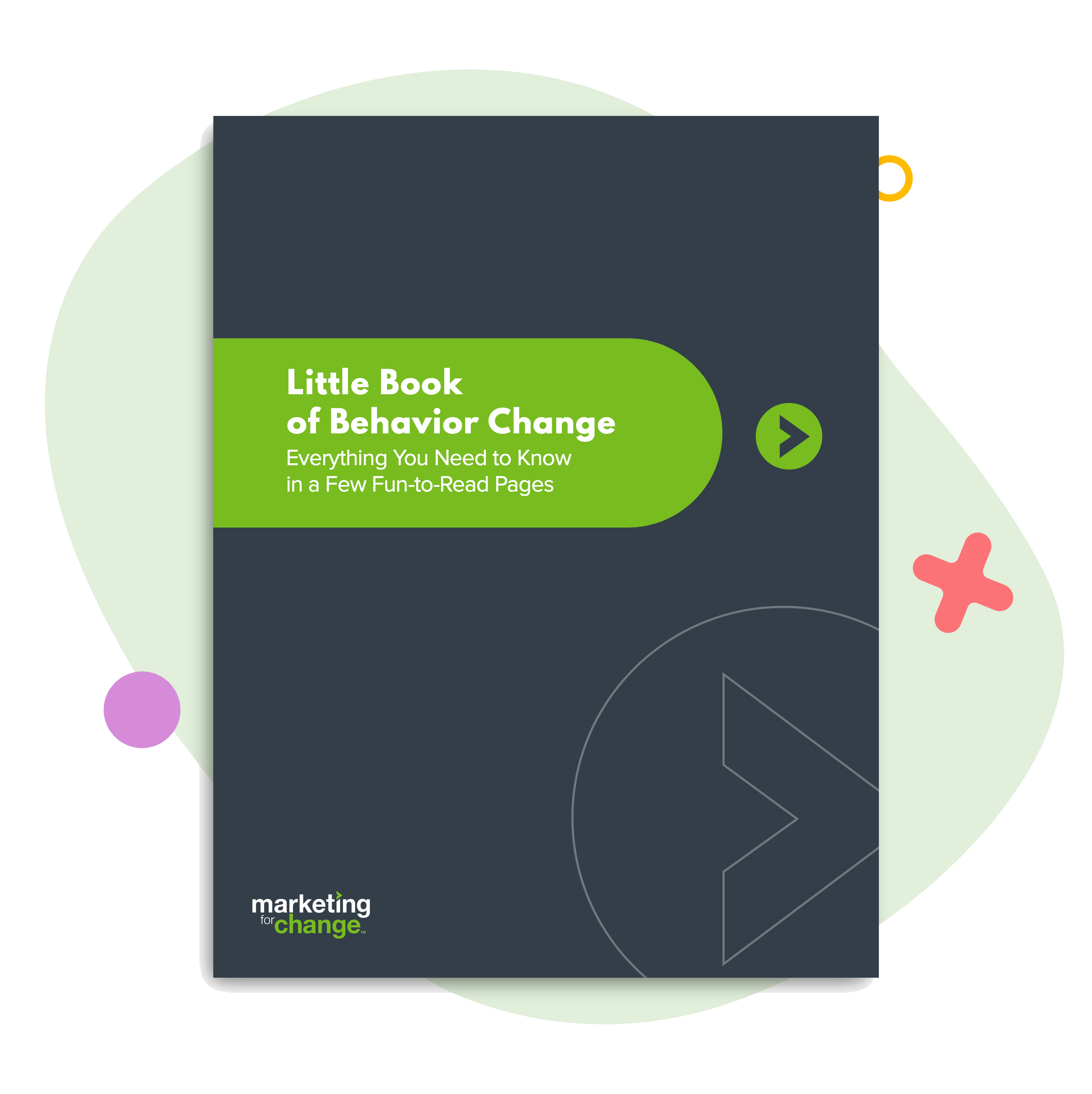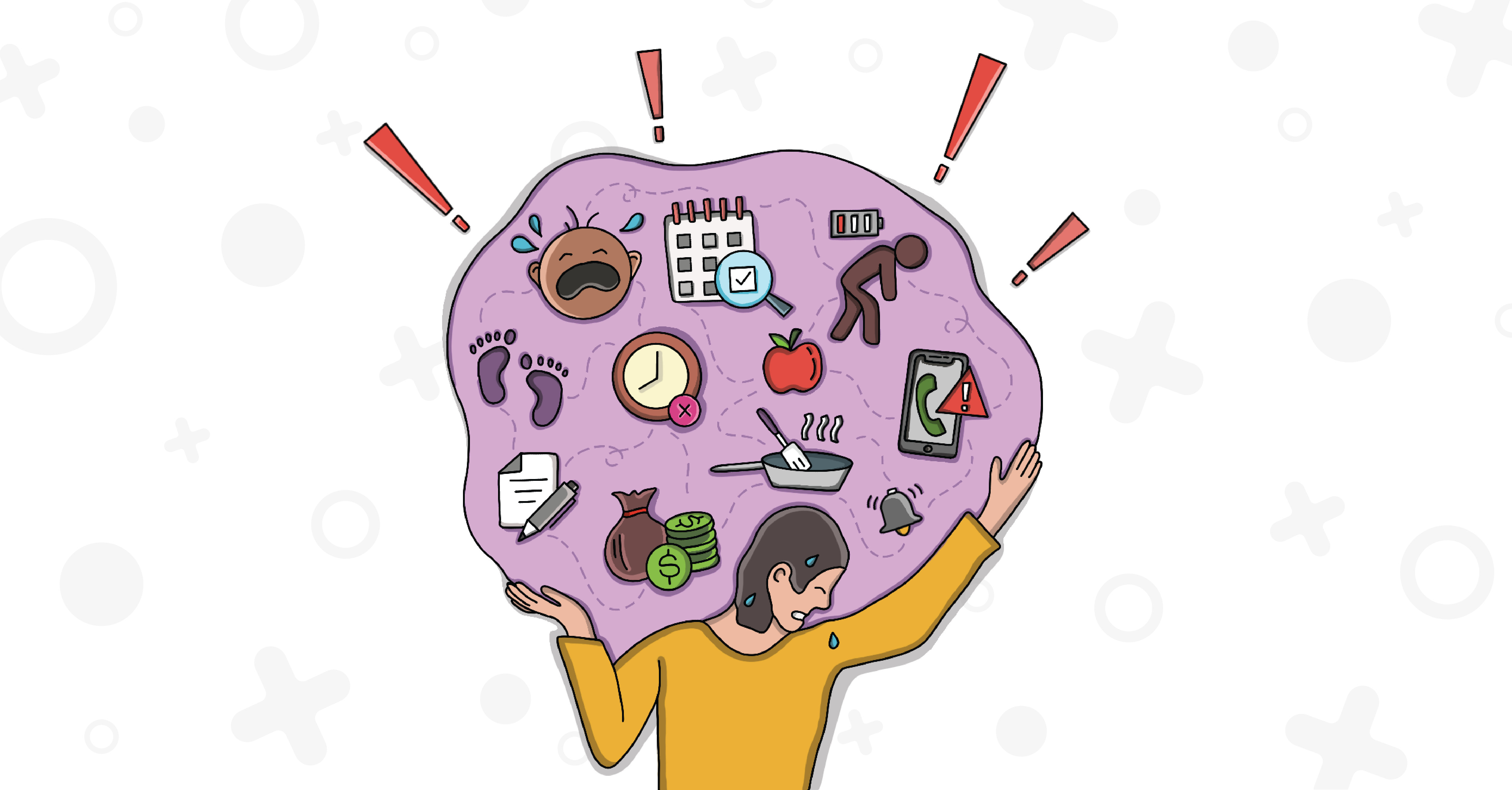
The Surgeon General Just Sounded the Alarm – Parents Are Not Okay. Our Public Health Marketing Needs to Change Accordingly.
Parents in our society are not okay. I’m a parent. I’m not okay. As I read the new Surgeon General’s advisory on the mental health and well-being of parents, I felt heard, I felt validated, and I thought: holy f-ing s*&i%. What are we doing? 41% of parents say they are so stressed they cannot function. Let me say that again, 41% are at the “cannot function” level. It goes up to 48% when you lower the bar to the “stress is completely overwhelming” level. In some ways, I’m glad I’m not alone. I’m glad it’s not just me. (And if you are reading this and feel the same way, hi, you aren’t alone either). But another big part of me is enraged that our societal structures are failing parents in such a big way.
We treat parenting like it’s a hobby someone chooses. Something they do on the side because they want to. Parenting is an essential job – choose it or not – someone has to do it. It’s a 24/7 job, comes with no training and lives are at stake. Yet we treat parenting the same way we would someone learning to play the guitar or taking up gardening. We pretend it’s not hard by telling women to “lean in” and tell them they can “have it all”. (Kudos to people like Michelle Obama and other voices who are pushing back on this narrative). We say “it takes a village” but many have no such village to speak of.
The U.S. Surgeon General Dr. Vivek Murthy said in his advisory, “The work of parenting is essential not only for the health of children, but also for the health of society.” Yet nothing in our societal structure seems to embrace the importance of parenting. The health of society is at stake and yet we have a broken childcare system with skyrocketing costs, no national paid family and medical leave program, a youth mental health crisis, the worries of school shootings and the stress of managing new technology and social media. Parents are overworked, isolated and lonely as they struggle to keep up with daily demands. They silently suffer as they put on a strong face and pretend they can do it all as society told them they could.
I love my career. I love my family. But one of them will always be neglected while I prioritize the other. As Michelle Obama said, “you can have it all – mmm, nope, not at the same time.” I am constantly working (both in my career and in my family). And despite working all the time – I’m always letting someone down. Not being somewhere I need to be. The stress wouldn’t go away if I put my career on pause either. Parents who stay at home have the same challenges with the lack of societal support and affordable relief systems for their 24/7 jobs.
I don’t say any of this as a cry for help. I say this to do what Dr. Murthy called us to do: “we need to talk openly about the stress and struggles that come with parenting.” And as a public health communicator, I say this to my peers – we need to change our tone.
Let’s stop sending messages that parents need to do more. They are already doing too much. I’ve seen headlines like: “Most parents aren’t playing with their kids enough. And play is so important.” That type of message only layers on more stress and guilt. Instead, what if we struck a supportive tone? That headline might read: “Playing with your kids is good for them and your mental health. Here’s how to sneak more play into your day.”
Let’s be loud about the stress and struggles of parenting. Our messages can combat the false narrative that parents can do it all. We can do this both visually, by stopping the idealistic images of happy parents and happy kids in clean houses and perfect outfits, and verbally by including messages that acknowledge the struggles. This doesn’t have to be all doom and gloom. Here is a fun influencer ad for Oxyclean that embraces the realities of parenting. Us public health marketers and communicators can apply similar tactics.
Let’s emphasize that this is a structural issue, not an individual one. We ask a lot of parents. We inundate them with advice and tips. We constantly tell them what they are doing right and wrong. Let’s point the need for change away from parents and towards our larger structures.
Let’s offer help instead of telling parents what to do. Many messages ask parents to do more. Instead, let’s take some weight off their shoulders. That can be as simple as shifting from, “Make sure your kids get three servings of fruits and vegetables” to “Easy kid meals that get in those three servings of fruits and vegetables”.
Let’s normalize taking care of parents’ mental health. Parents hear it all the time: “You are a superhero. I don’t know how you do what you do.” All that does is normalize overworking, overdoing and it sure doesn’t offer any help. Instead, let’s normalize that parenting is hard and all parents (even the ones that seem to have it all together) need help sometimes. We can use better language when promoting mental health support. Instead of filling our mental health marketing with sad pictures of moms holding babies and telling us that “we aren’t alone” (which just reminds those struggling of the sadness and loneliness) let’s instead show hope and messages that reinforce that most parents need help. Better yet, let’s build a society that connects every new parent to mental health support.
Changing our tone to parents will help them hear and act on the important public health messages we need to get across. And it changes an important narrative around how we view, respect and treat parents in today’s world.
That’s it. Back to the struggle for me.
Oh, and if you are still reading, text a parent in your life and tell them you appreciate them and are thinking about them 😊.
If you are one of the many parents that needs emotional support and aren’t sure where to turn, call 988 for immediate help and relief. It’s a national helpline and most people feel relief in the first few minutes of calling. It won’t solve everything, but it’s a really good start.

Karen Ong Barone is Principal + Executive Creative Director at Marketing for Change.


